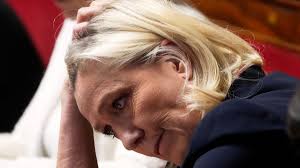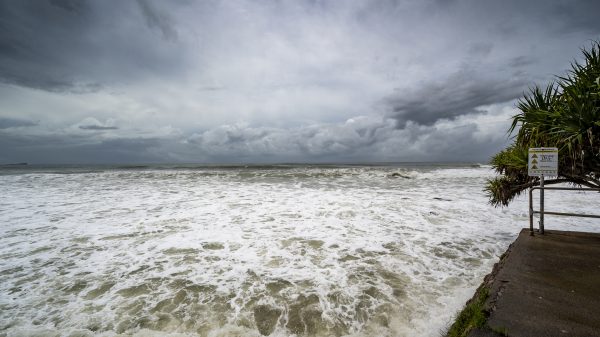Paris, France – In a highly anticipated development, the French Appeals Court has announced that it will deliver its decision on the ongoing National Rally (Rassemblement National) case in the summer of 2026. The case, which has attracted significant attention due to its political implications, centers around allegations of financial misconduct involving the far-right political party led by Marine Le Pen.
The National Rally Case: What’s at Stake?
The National Rally, previously known as the National Front, has been under investigation for several years regarding accusations of misuse of European Union funds meant for parliamentary assistants. The party stands accused of using the funds improperly, allegedly diverting them to pay for political expenses unrelated to the work of EU parliamentary staff.
The case has been a major point of contention in French politics, with Le Pen and other party members consistently denying any wrongdoing. They argue that the case is politically motivated, aiming to undermine the party’s influence ahead of critical elections. Le Pen has previously called the investigation a “witch hunt,” accusing the judiciary of targeting her party due to its rising popularity and nationalist political stance.
The Lengthy Legal Battle
The decision to delay the ruling until the summer of 2026 marks a significant milestone in the long-running legal battle. Initially, many expected a quicker resolution, but the complexity of the case has led to delays, with numerous appeals and procedural challenges along the way. The extended timeline means that the case is likely to continue dominating headlines in the years leading up to the final decision.
Legal experts have raised concerns about the impact of such a lengthy delay on the political landscape, especially since the case is so intertwined with the upcoming elections. Critics argue that the delay could prolong uncertainty and further polarize the political climate in France. Others believe that a clear ruling, when it eventually comes, will provide much-needed clarity and may reshape the future of the National Rally party.
Political Reactions to the Delay
The announcement of the decision delay has triggered strong reactions from both sides of the political spectrum. Le Pen and her allies have expressed frustration over what they see as a politically motivated delay, accusing the judiciary of dragging out the process to harm the party’s chances in future elections. “This is yet another example of the system trying to silence us,” Le Pen said in a statement following the announcement.
On the other hand, critics of the National Rally argue that the delay is necessary to ensure a thorough investigation and a fair trial. Many of Le Pen’s political opponents believe that the case is a serious matter of accountability and should not be rushed for political convenience. “The rule of law must be upheld, regardless of the political implications,” said one prominent member of the French Socialist Party.
What’s Next for the National Rally?
As the case drags on, the National Rally will likely continue to be embroiled in legal battles that could influence its political prospects. Le Pen’s party, which has become a dominant force in French politics, faces an uncertain future as the legal case remains unresolved.
The delay in the ruling gives the National Rally time to regroup and prepare for the next election cycle, but it also leaves the party vulnerable to continued scrutiny over its financial practices. The eventual decision, whether favorable or not, will undoubtedly have a lasting impact on the party’s public image and political trajectory.
What the Future Holds
While the final ruling is still years away, the decision will have significant ramifications for French politics, especially as the National Rally remains a powerful political force. As the country moves toward the 2027 presidential election, the case is sure to be a key issue, with both supporters and critics of the National Rally watching closely to see how the legal system will ultimately weigh in.











